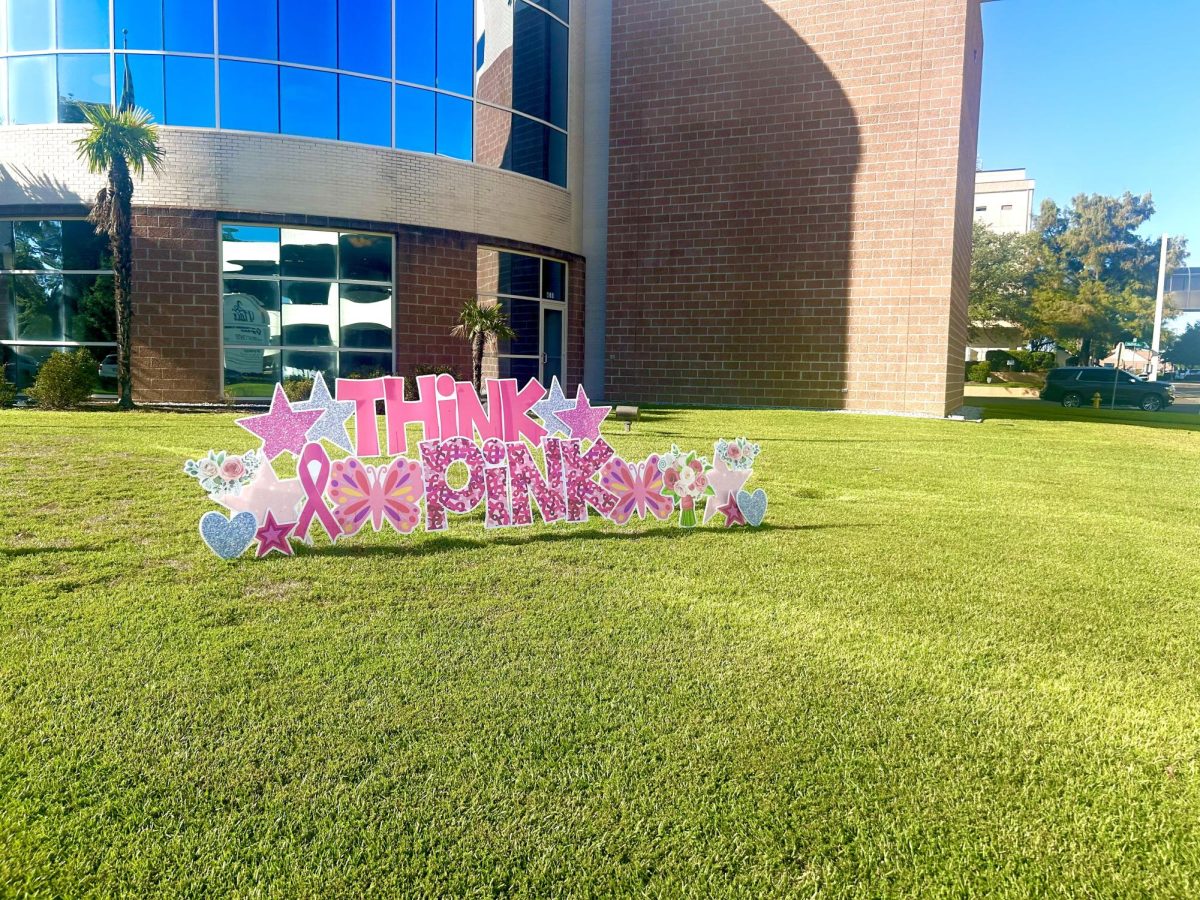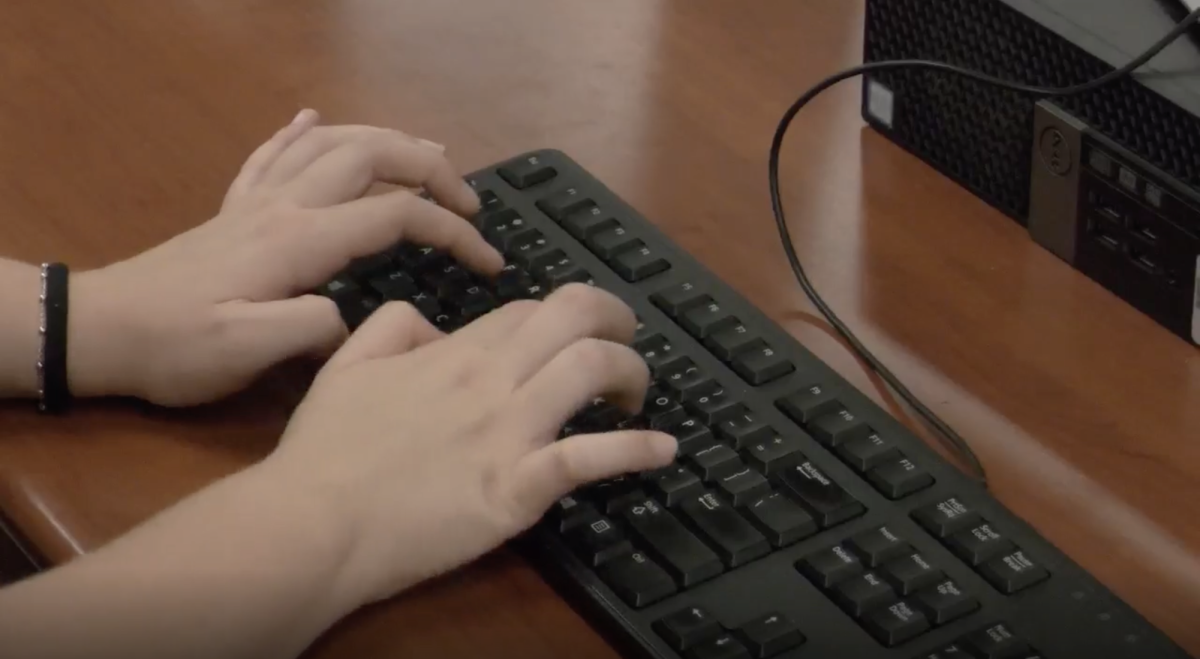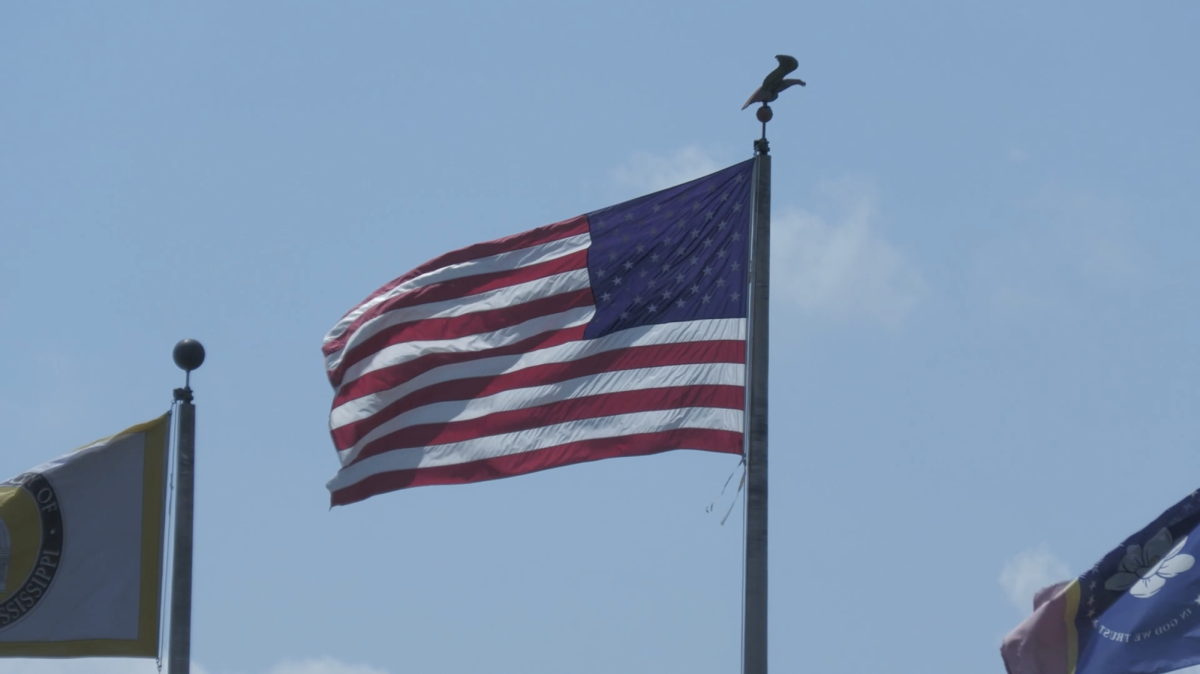Despite ongoing national security concerns, the White House launched a TikTok account in August in an effort to connect with younger audiences, renewing questions about the platform’s future in U.S. politics.
Concerns about the app escalated in 2020, when officials warned that the Chinese government could access American user data. Former President Donald Trump attempted to ban the app but later reversed course, saying, “…Competition is essential. Without TikTok the only options are Facebook and Instagram.” According to The Hill, Trump’s campaign used TikTok to reach younger, largely male audiences by presenting an authentic side of him and promoting pro-Trump content.
Dr. Nick Rahimi, an associate professor in the University of Southern Mississippi’s School of Computing Science and Computer Engineering, said cybersecurity concerns arise when political figures use TikTok.
“It could theoretically be manipulated to influence what political figures see, potentially affecting their worldview or decision-making processes,” Rahimi said.
He added that user connections on the platform can sometimes reveal private or sensitive information.
“The social graph data showing connections between political figures and other users could reveal sensitive relationship networks,” he said.
Rahimi noted, however, that political figures often have advisors to mitigate risks.
“These security professionals would likely recommend protective measures such as using dedicated devices for social media, implementing network segmentation, and following strict operational security protocols,” he said.
Dr. Brent Hale, a communication studies professor at USM, said TikTok will likely remain a tool for future politicians.
“Social media, in a large sense, will continue to be a tool that all politicians are going to leverage to some extent,” Hale said. “TikTok will be an important tool some long as we don’t continue having fights about whether it should be banned or not. But again, with the idea that the White House is using it, we could go ahead, and probability assumes that the fight is over for now.”
Some students expressed caution about political use of the app.
USM student Myles Bridges said it is dangerous for politicians to use TikTok for political gain.
“I mean, it’s not like people had not done this in the past,” Bridges said. “Propaganda and campaigning like this have been rooted in history for years behind us, but with how big it is…it is just incredibly dangerous. I remembered whenever TikTok ‘shut down’ and then was brought back after 48 hours or so. TikTok said ‘thank you to President Trump who installed or re-installed TikTok. He had no power over re-installing it. It was not his decision, he did not do anything to bring TikTok. So, it’s almost like political leaders are buying this platform as a way to buy views or like buying people into their side. Again, very, very dangerous…”
Jaythan Comegys, another USM student, said TikTok can be both positive and negative in politics.
“I feel like it can be a double-edged sword,” Comegys said. “On one hand, TikTok will absolutely reach younger audiences and potentially encourage them to be more politically involved. On the other hand, I feel like given the nature of TikTok, misinformation can spread very quickly. It can be a great asset in the future if handled carefully.”
Comegys said the app could also worsen political divides.
“It will absolutely keep people divided on the platform,” he said. “Many people will get trapped in echo chambers, only hearing and seeing what they want too. This destroys healthy conversations about politics and makes it difficult for people to come together for a discussion.”


























